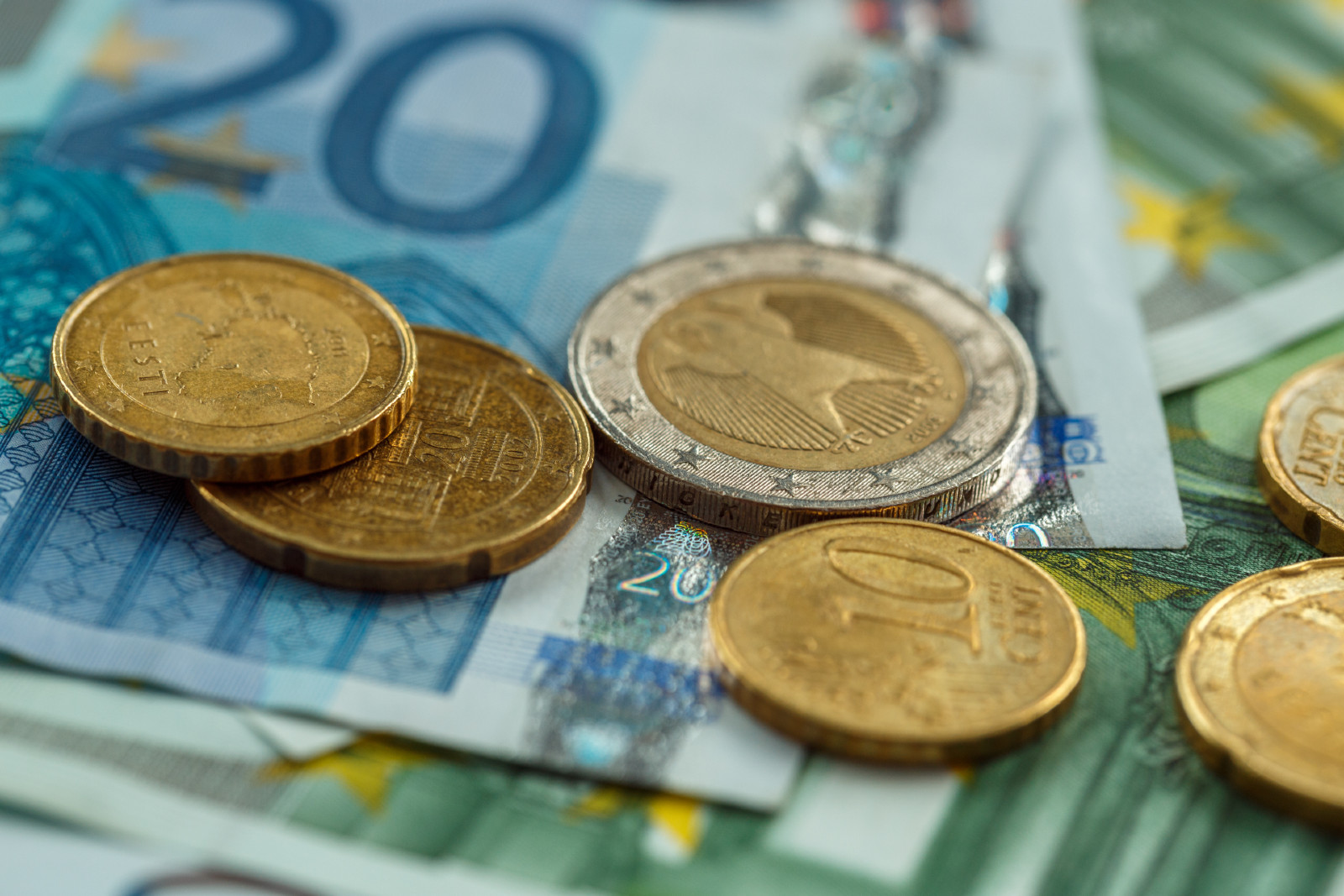Euroclearable? What’s that?

What is clearing, and what does it mean to be ‘Euroclearable’? Towards the end of last year, Finance Minister Mohamed Maait used a prime time appearance on Bloomberg to announce that Egyptian bonds will officially be “Euroclearable” at some point between September and November of 2021. But what is clearing, exactly? And why should we care whether it happens in Egypt or abroad?
Clearing = settling a financial trade and everything that entails: Ensuring that buyers have the funds to make the purchases, crediting and debiting trading accounts, collecting margin payments, delivering securities, and reporting data.
This is all done by a clearinghouse: These are financial players that sit in the middle of buyers and sellers, passing the securities to the buyer and crediting the account of the seller. This means that they take the reverse position of every trade, buying the securities from the seller and selling them on to the buyer. As such, clearinghouses are a critical part of the plumbing that ensures the global financial system operates smoothly and provides security to tns of USD of daily transactions.
Introducing one of the world’s most important clearinghouses: Euroclear. Since its establishment more than five decades ago, Euroclear has become one of the world’s most significant clearinghouses and is responsible for settling equity, bond and derivatives trades in the eurozone and internationally. At the end of 2019, the Belgium-based company had some EUR 31.4 tn assets under custody, making it one of the largest clearinghouses in the world.
What would it mean for Egyptian debt to be “Euroclearable”? Simply put, locally-issued EGP-denominated debt would be cleared in Europe. Currently, foreign investors can only participate in the local market through a handful of local banks with licenses to operate at primary dealers, but after Euroclear steps in, Egyptian debt will become more accessible internationally and the country will be able to target a greater number of foreign investors.
In practice: This would mean more foreign investment in Egyptian debt, which means greater inflows of hard currency, stronger foreign reserves, lower borrowing costs and a stronger, more dynamic, and more liquid local market.
We’re not quite there yet though: The agreement will see the Egyptian government set up a new central securities depository that acts as a “cross border link” with the European institution and clears local debt securities. There are a raft of other criteria on issues such as transparency and debt structure that Egypt will need to meet before Euroclear gives the green-light.
WANT MORE?
- Check out this video explainer, courtesy of MoneyWeek (watch, runtime: 12:21)
- What happens when the plumbing fails? We almost found out earlier this year during the height of the Gamestop short squeeze.
- Clearinghouses: Another front in the post-Brexit wrangling between the EU and the UK.